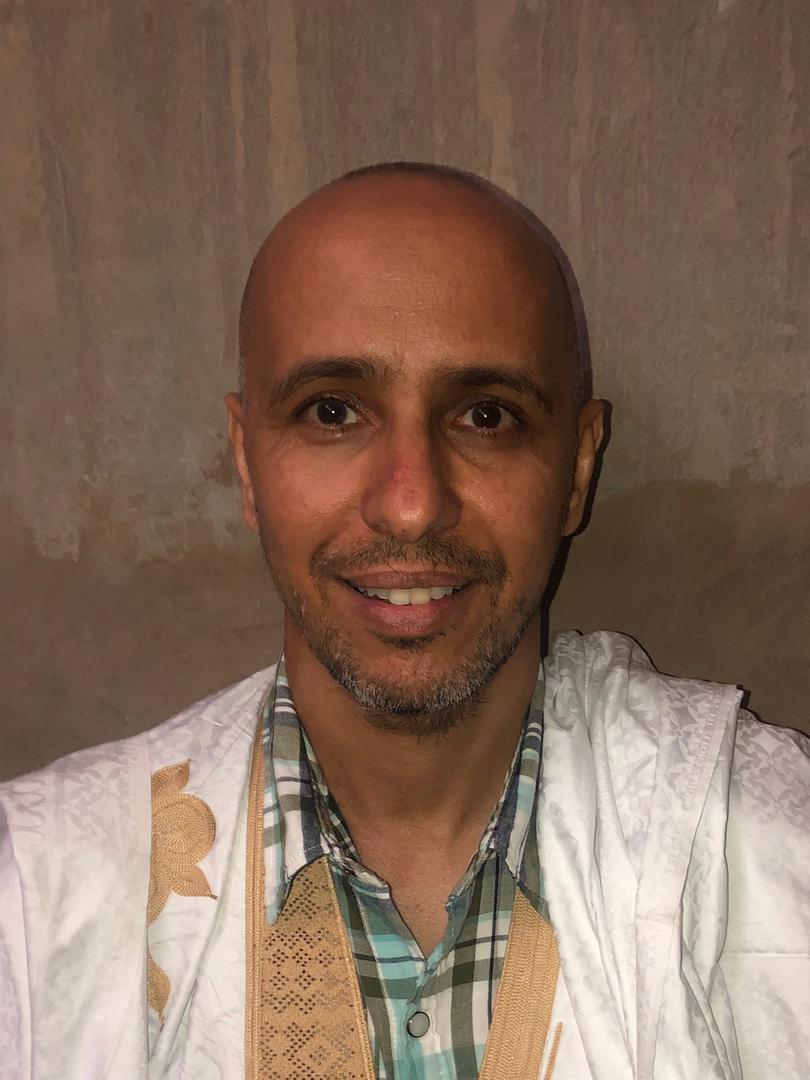Thoughts on Guantánamo Diary
The concept of being a citizen can vary from country to country. The concept of a powerful passport shows how you are going to be treated during visa processing does depend on your citizenship. Being a citizen of some other country can bring unwanted attention to yourself. Do I know any humane but equally efficient way? The answer is No. But it still bothers me because maybe I am a citizen of one of those not so powerful countries. When I look into some of those well developed countries I see everyone gets free health care regardless of financial background. But in my country, you get better treatment if you are rich enough. But I am not here to discuss the socioeconomic struggles of developing or underdeveloped countries.
I was reading this book named Guantánamo Diary. This book was published in 2015. This autobiography contains the story of a prisoner. The writer was not an ordinary prisoner. US authority suspected he was involved in the attack of 9/11.
Those of you who don't know there is can a coastal area in Cuba called Guantanamo bay. The USA has a naval base there, often referred to as Guantanamo or GITMO. Writer Mohamedou Ould Slahi was detained in that camp/prison for 14 years.
 |
| Mohamedou Ould Slahi © 2019 Human Rights Watch |
He was arrested in 2001 in his own country and in 2016 he had been released from GITMO. Over these 14 years, US authority did not charge him with any crime. His lawyer Nancy Hollander said to the Guardian that
There is no reason for Mohamedou to be in Guantanamo. He has never been charged with a crime. It's not that they have not found any evidence against him, there isn't any evidence against him.
How he had been treated over this period is the whole point of this book. I would like you to read this. But I am focusing on some crucial points. First of all, he did not know English very well. He more or less perfected his English in the prison. One has to admit that is very impressive. He started writing the manuscript of this book back in 2005 as a diary in a notepad provided by the jail. In the book, you will often encounter black horizontal bars. That is because his handwritten copy went through inspection the authority redacted those parts that were not appropriate for public release.
He was arrested in his own country. His own government handed him over to a foreign authority. His family did not know where he was. Why does a government abandon its citizen and comply with another powerful government? Mohamedou was smuggled from one country to another, from one prison to another before he ended up in GITMO. When he was locked in a small cell of GITMO he lost his mother.
No matter which country you belong in, maybe the policymakers take these steps for the greater good. But this kind of suffering of an individual, is it justified?
.jpg)
Comments
Post a Comment